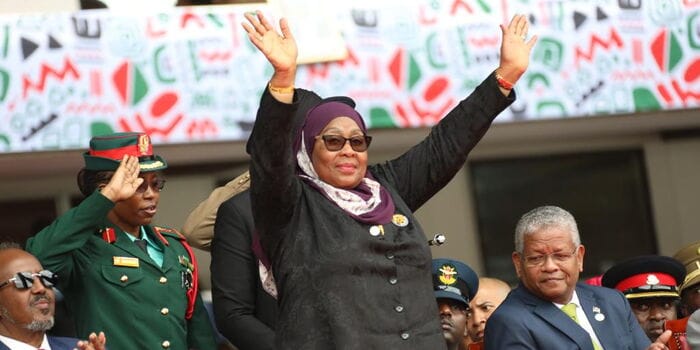Tanzania Bars Foreigners from Running 15 Local Businesses to Empower Citizens

The Government of Tanzania has announced a sweeping new directive barring foreigners from engaging in 15 small- and medium-scale business activities traditionally dominated by local citizens. The move, made official through the Business Licensing (Prohibition of Business Activities for Non-Citizens) Order, 2025, is part of the government’s broader strategy to empower local entrepreneurs, protect domestic job opportunities, and redirect foreign investment toward high-impact sectors. The new policy, signed by Trade and Industry Minister Dr. Selemani Jafo, aims to create a level playing field for Tanzanians by restricting low-capital ventures to locals only.
Effective from late July 2025, the directive lists specific trades that foreign nationals can no longer participate in. These include: retail and wholesale trading (excluding supermarkets and specialty shops), small-scale mining, mobile money transfer services, barbering and salon businesses, electronic and mobile phone repair, tour guiding, postal and parcel delivery services, and real estate agency services. Additional restrictions also cover clearing and forwarding services, operation of radio and TV stations, museums and curio shops, shoe shining and repair, tattooing and body piercing, business brokerage, and operation of gambling machines outside of licensed casinos. No new business licenses in these sectors will be issued or renewed for non-citizens going forward.
While the government says this directive is necessary to ensure Tanzanians have fair access to economic opportunities, the move has triggered debate within the East African Community (EAC). Critics argue that the restrictions could undermine regional agreements that promote free movement and business among member states. Nonetheless, Tanzanian authorities maintain that the ban is not targeted at any specific nationality, but rather seeks to protect small-scale industries critical to the local economy. Foreign investors are instead encouraged to focus on larger-scale projects that generate more jobs and value for the country.





